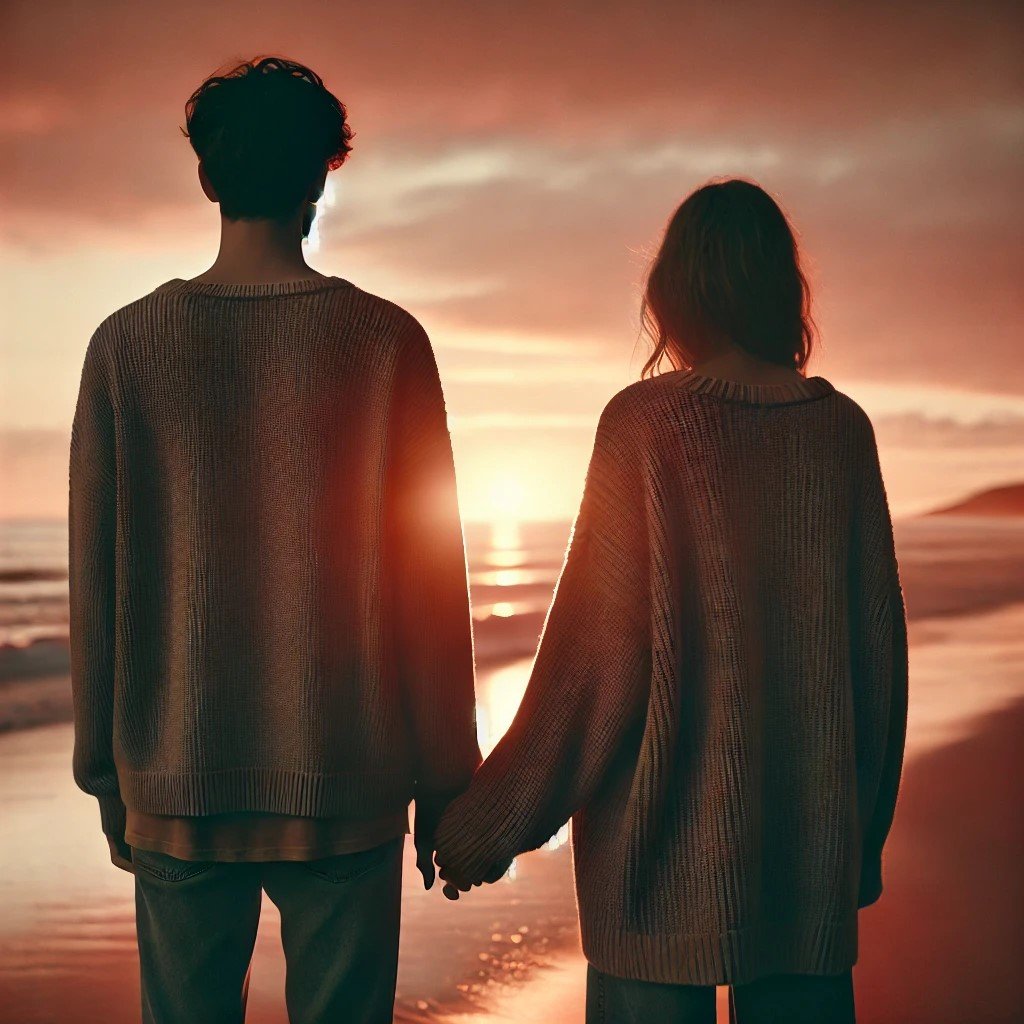Am I “Being Good” or am I not Being at All?
A lot of my clients struggle with self-erasure. The impulse to offer help, reassurance, or emotional softness emerging before their body has had a chance to register its own needs. It doesn’t feel like they even choose to do so; it feels inevitable. Like gravity.
Asking ‘what is this costing me?’ rarely comes first. When it does, it often feels disloyal. There's a sense of betrayal for even asking the question of how interactions affect them. Checking in with the body’s limits evokes guilt, as if honoring their threshold is somehow an offense to others’ needs.
This pattern is often mislabeled as simply “being good.”
These patterns don’t happen in a vacuum. We talk of self-erasure as generosity or moral strength. People who prioritize others' needs, suppress their own discomfort, and remain emotionally available regardless of cost are seen as good partners, reliable employees, or mature caregivers. Over time, these social reinforcements sculpt a self not around presence, but around usefulness. Goodness becomes indistinguishable from disappearance.
When we live our lives this way, accommodation becomes unthought, unfelt, and just embodied. Our nervous system learns to inhibit spontaneous impulse, reduce friction, and signal safety to others. These patterns have been discussed clinically in several frameworks:
As appeasement—a functional survival response in complex trauma, often confused with fawning (Walker, 2013)
As dorsal vagal shutdown—a collapse state within the autonomic nervous system described in Polyvagal Theory (Porges, 2011)
As role-confused attachment—in which children become emotional regulators of dysregulated caregivers (Lyons-Ruth & Jacobvitz, 2008)
What links these patterns is that preserving relationships becomes more important than preserving our authenticity, and avoiding conflict becomes more important than self-expression.
It’s extremely difficult for us to change such an oppressive sense of needing to "be moral” or “be good.” Cognitive insight often only intensifies shame. We may already know we override ourselves, but we struggle to feel anything from the inside. Our work then is not about encouraging expression at first, but instead about slowing down enough to build tolerance for internal signal. Somatic pacing is critical. So is the clinician’s tracking of any reflex to “offer” insight inside the therapy relationship itself, in real time.
For those of us with inherited stories of always “being a good…” partner, daughter, son, father, student, employee, or otherwise, it can be freeing to know that the one way we can most authentically care for someone else is not be appeasing them, but by showing up authentically. This is not selfishness at all. Instead, it’s the aliveness needed for both people to really feel a sense of closeness. Think of it this way, do you want a ‘real’ partner or friend, or one who just tries to make you feel good? At first, it might feel nice to be put at ease and agreed with, but over time it’s unfulfilling and maybe even irritating. Only someone/thing truly narcissistic would value appeasement and aggrandizement over authentic relating. And if this is the case, perhaps the person or place we’re trying to appease is not safe to begin with; and worth questioning instead.















